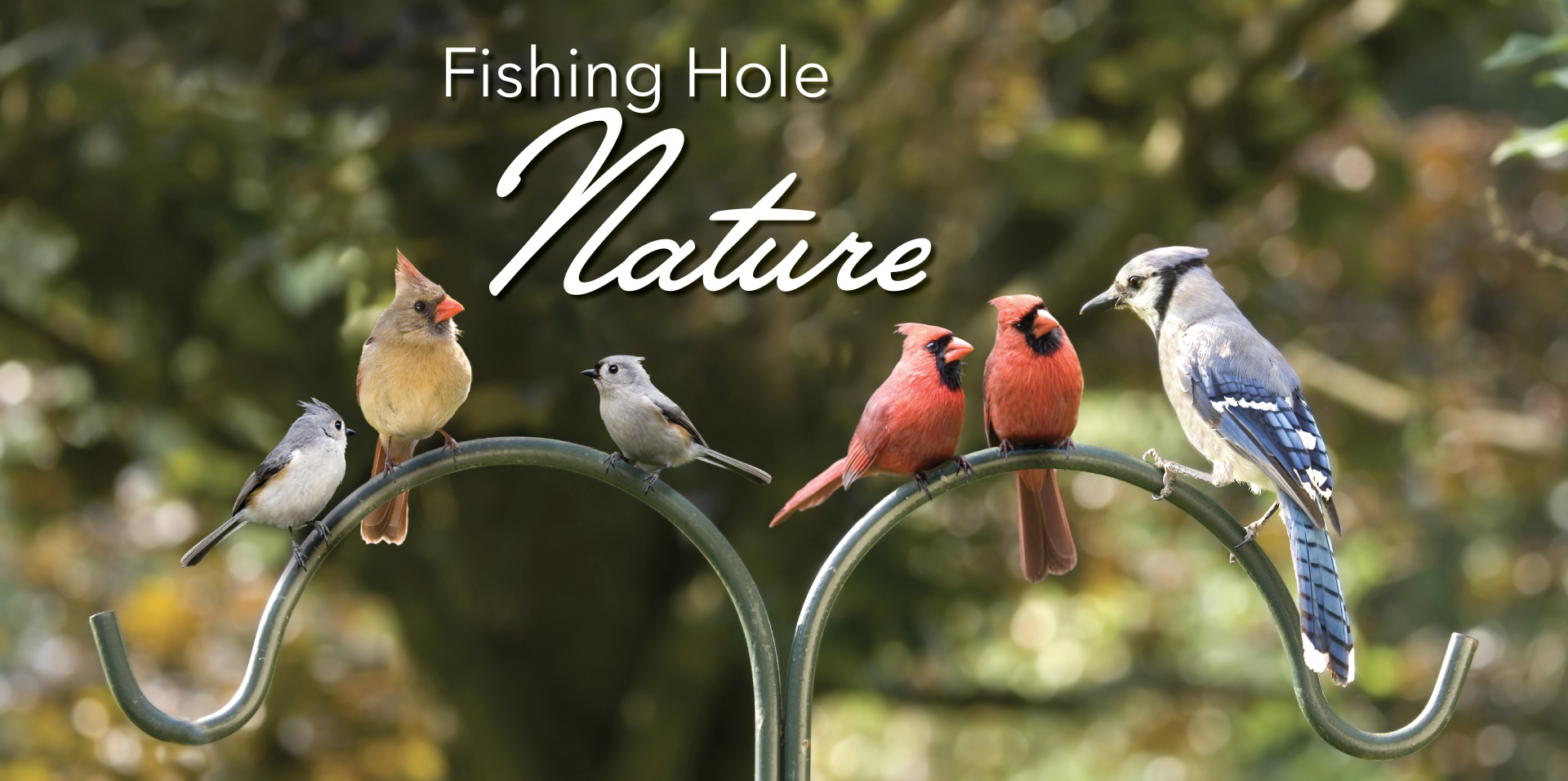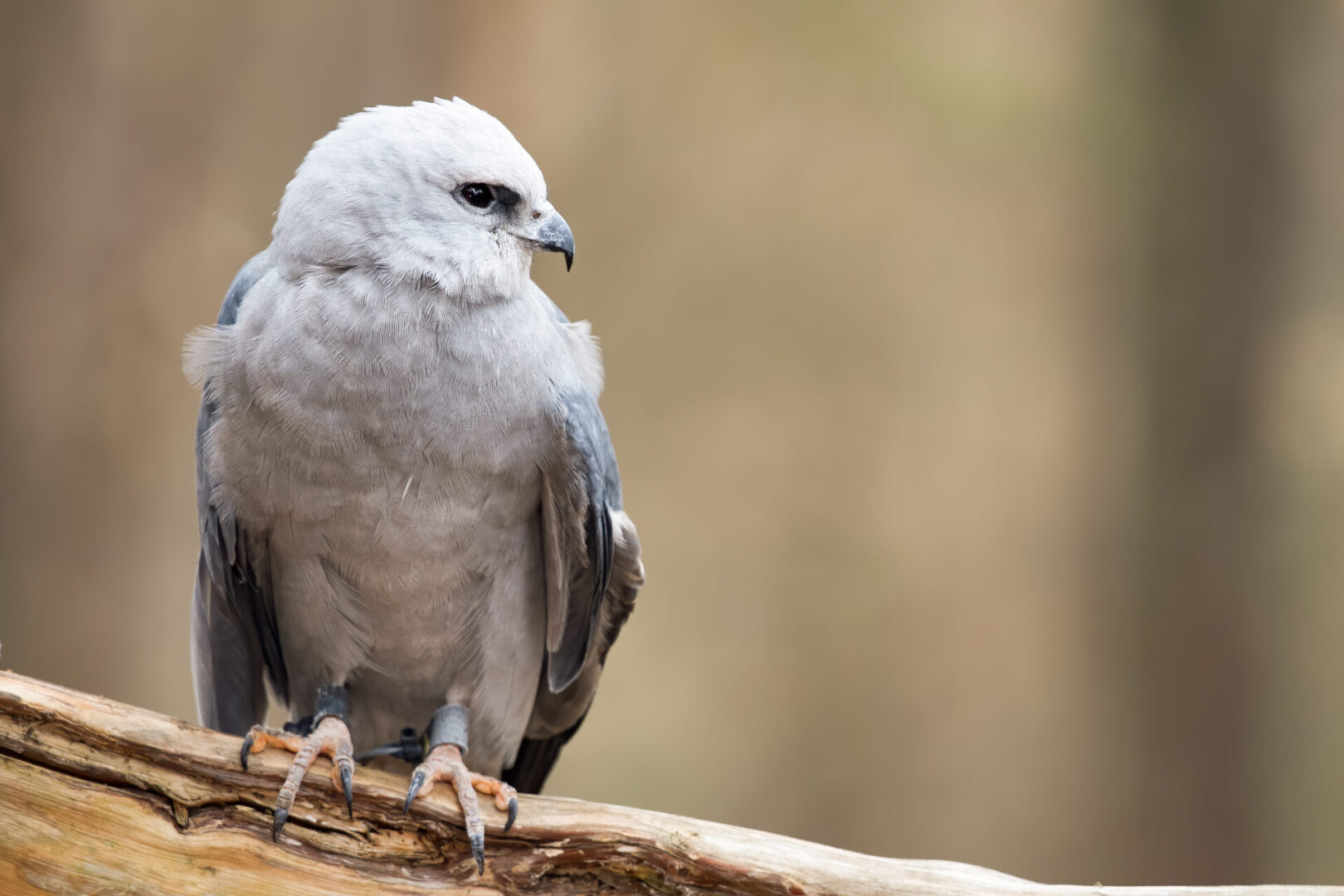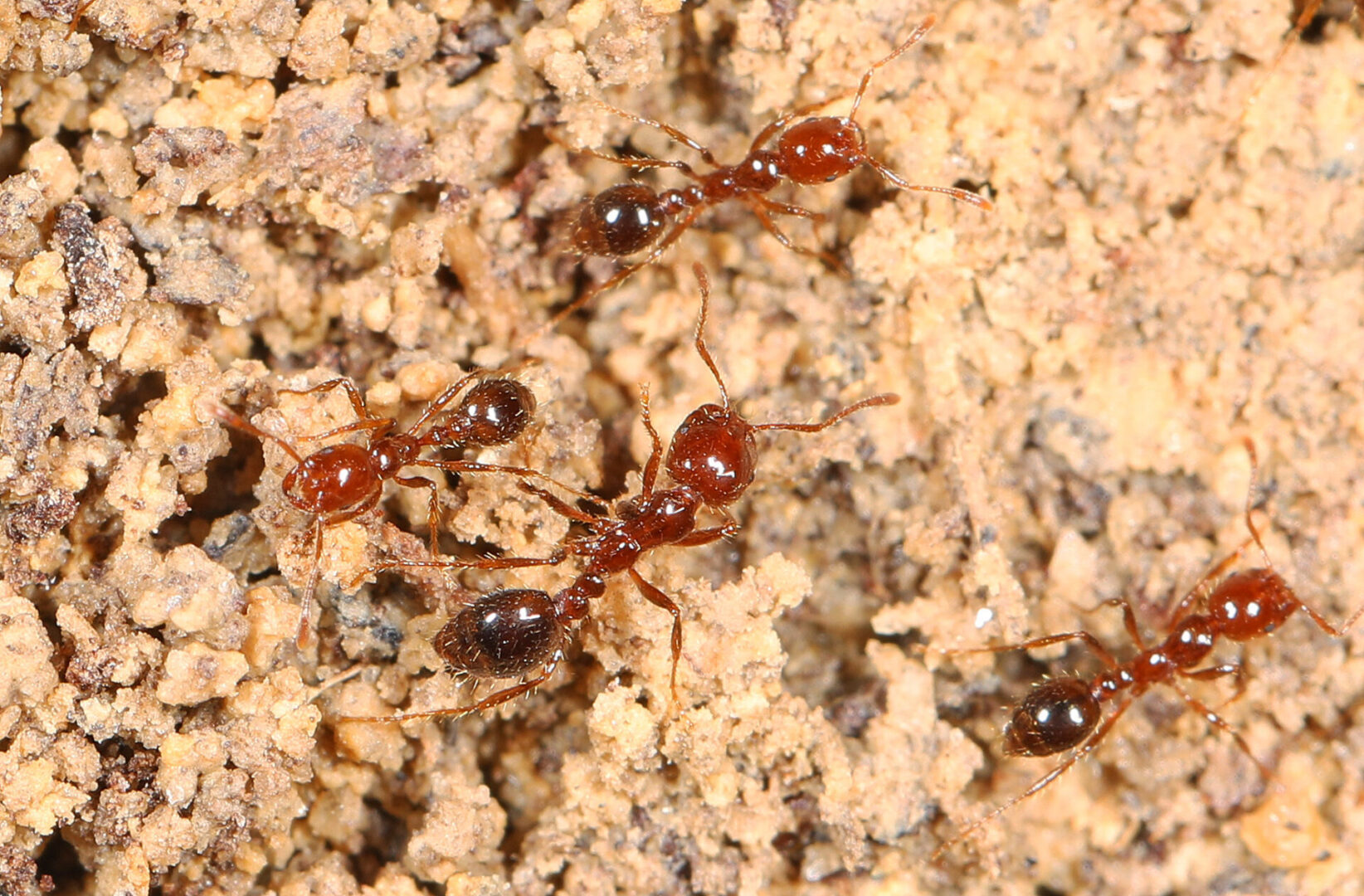In the birding world small brown birds are sometimes lumped together and called Little Brown Jobs, or LBJs for short. Our local wrens fall right into this category. You may see House Wrens and maybe even a Bewick’s Wren, but a very common LBJ in East Texas is the beguiling little Carolina Wren. You will hear them before you see them, and their call gives them away. A huge noise comes out of these little round birds, and when they blast, they often repeat their call in 3’s or 4’s. From the males you will hear loud calls of “CheeseburgerCheeseburgerCheeseburger” or “WeNeedYou WeNeedYou WeNeedYou”, or even “FigaroFigaroFigaro”! Listen for any loud repeating call of three, and it is probably a Carolina Wren. However, when they are encouraging their chicks to leave the nest for the first time, the parents make a lovely quiet trilling call.
These bitty birds are easy to hear but often very hard to spot! They blend in extremely well with leaf litter and tree trunks. Shy, restless, but very curious, these fellows are always on the move. Carolina Wrens will explore your garage or patio, pillage through your yard leaves and brush piles, and then flit to low branches or to climb up and down tree trunks. They hop around endlessly and never seem to quit moving! Extended flight is not one of their strong points. Mostly they just fly a few feet up to the next tree or down to the nearest ground litter.
Nesting generally no more than 6 feet off the ground, these wrens will nest almost anywhere. On your patio or in your garage you may be surprised to find their little 5 inch nests in a flowerpot or a cardboard box! Outside they nest in dense yaupon stands or tall thick shrubbery. Clutch sizes range from 3-7 eggs, and these little birds can have up to 3 broods per season! Once eggs are laid it takes only about 4 weeks total for chicks to hatch and fledge, and these newly fledged chicks are tiny, only 2-1/2” tall! Looking more like a plop of old leaves, the babies have fuzzy head feathers, short wings and the tiniest of tails! Encouraged by their parents, they hop and climb, staying low to the ground on their first day out of the nest than most other fledging birds. They simply cannot fly well until their feathers grow more, but they can climb trees, forage for insects, and explore their new territory.
The East Texas Piney Woods is a fine home for our Carolina Wrens. During springtime, leave your garage door open and you may discover a batch of nesting LBJs. But during winter, if you care to keep these cute birds close, put out a suet feeder for them. Carolina Wrens will enjoy the feeders, and this way you can enjoy them!Learn more about the incredible nature in our area by joining a chapter of the Texas Master Naturalist organization. To find a chapter close to you, or to read about the state program, go online to www.txmn.org. Volunteer and get involved!






